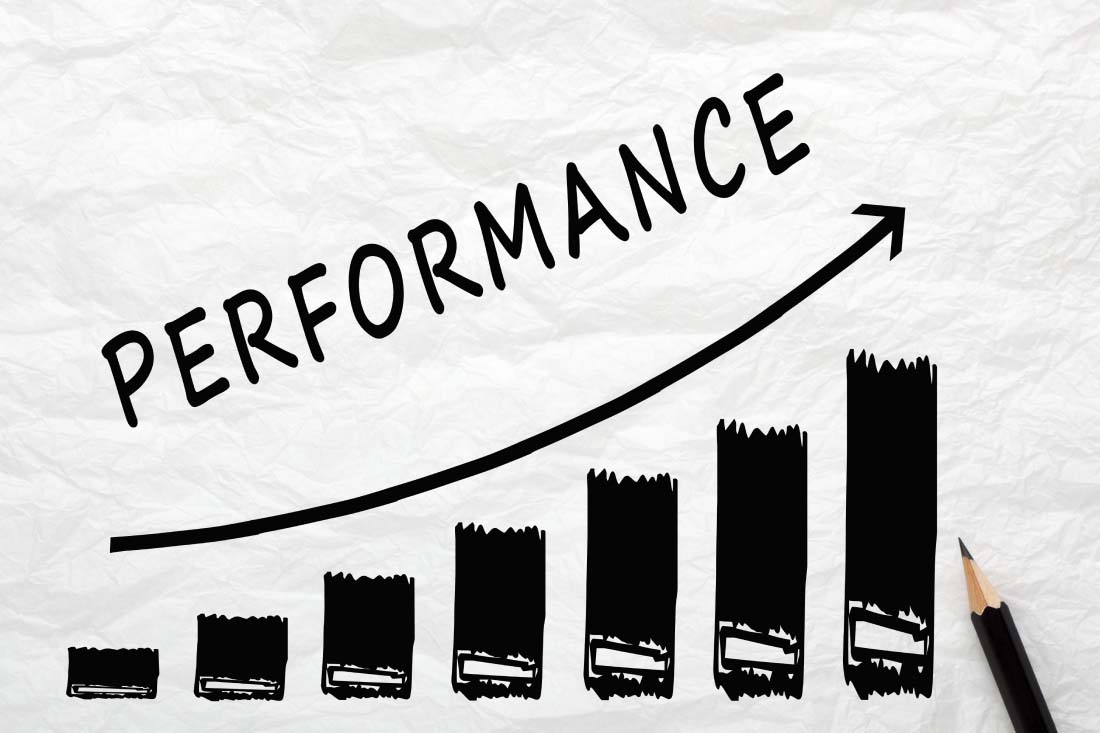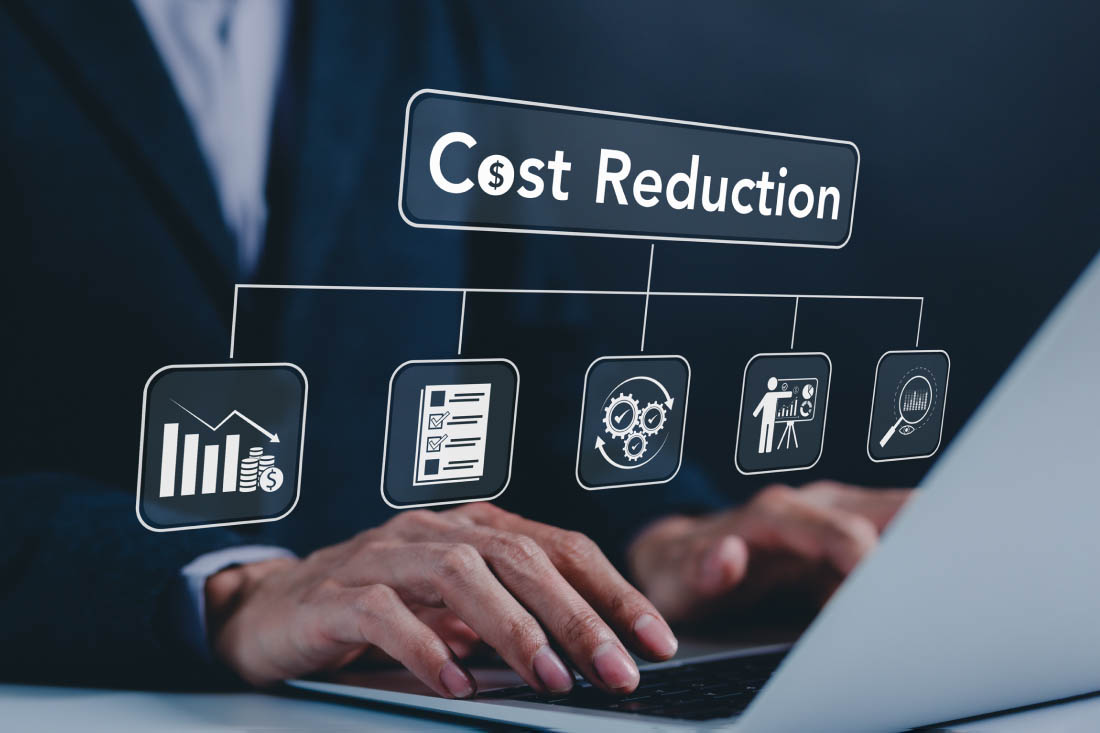Working from home (WFH) is the new normal for many professionals in the U.S., whether it’s full-time remote work or a hybrid schedule. While the shift brings many benefits to organizations and employees alike, it also presents unique challenges — especially around accountability. Without a traditional in-office environment, productivity and accountability require deliberate effort and effective strategies.
In this post, we’ll discuss eight ways to improve work-from-home accountability and empower both individuals and teams to thrive in this new work environment.
What is work-from-home accountability?
Accountability in the workplace is taking ownership of one’s actions, decisions and outcomes in the remote work context. This means being responsible for meeting deadlines, maintaining quality levels and honoring commitments made to colleagues and stakeholders.
When working from home, it’s important to establish clear expectations and guidelines for accountability. This includes:
- Defining specific goals and objectives
- Setting realistic deadlines
- Providing regular feedback
- Giving support
Accountability in remote work also requires effective communication. Inform all team members about progress, challenges and any changes that may affect the workflow. This promotes transparency and allows for better collaboration and problem-solving among teams.
Benefits of work-from-home accountability
To enhance accountability in remote work, it’s important to recognize its significance. Some of the benefits of focusing on accountability in remote workers include:
- Improved responsibility: When people hold themselves accountable for their work, they’re more likely to step up and take responsibility for the outcome of their tasks. This also gives employees a sense of accomplishment and improves job satisfaction.
- More transparency: When you set clear expectations for remote teams, it’s easier for them to be clear about what they’re working on and when they may need help. This also increases trust among team members.
- Improved collaboration: Remote team accountability helps employees collaborate by outlining who’s responsible for what, so they know who to communicate with to ensure work is completed.
- Fewer missed deadlines: When working remotely, it’s easy to let deadlines slide past without colleagues reminding you when work is due. Improving accountability among WFH team members helps reduce the number of missed deadlines and streamlines workflows.
- Better work-life balance: Accountability also improves work-life balance for employees by making sure no team members have to pick up the slack for others.
How to improve work-from-home accountability: 8 ways
Leaders and managers can establish and improve WFH accountability through a few methods. Every organization is different, so you’ll need to find what works best for your situation.
1. Set a clear WFH policy
The first step in establishing WFH accountability is to have a clear policy in place. It’s a good idea to ensure team members have buy-in so they don’t feel that they can’t follow the rules. Some items your policy should cover should include expected working hours, hybrid schedules and technology usage policies. Some virtual teams may work on their own schedules and timelines while others will need to have set hours in place to ensure collaboration. Many virtual teams will need more structure than others. It’s important your policy encompasses the best system for your entire organization. Work with your managers and team leaders to find out what policies will work best for everyone.
2. Clarify responsibilities
If employees know what’s expected of them, they’ll be more likely to hold themselves accountable to those expectations. Make sure you set clear goals, deadlines and benchmarks so employees can hold themselves to them. Workers need to know what they’re responsible for and who to ask if a project is running late or they need more help. Key performance indicators (KPIs) help teams measure the quality and efficiency of their work to make changes where needed. This is particularly important in a remote work environment where team members don’t have regular physical interactions with each other.
3. Provide the right tools
Remote employees may need additional technology and tools to communicate, collaborate and complete tasks. Make sure you provide your teams with the right technology to help them meet goals and stay on track. Virtual teams will need the right communication tool for team meetings, plus project management and collaboration tools to keep each other accountable in real time. Time management and tracking tools help teams determine how to assign project deadlines and prioritize as well. Cloud-based systems help employees work from anywhere and at any time, helping them complete projects when working from home or traveling. Leadership also needs specialized software like ActivTrak to maintain visibility and manage hybrid and remote workforces.
4. Encourage clear communication
The best-performing virtual teams are those who can communicate regularly and clearly about their work. Many of the tools you provide your team members will help them communicate about work status, bottlenecks and processes. However, you should also encourage communication among teams through other means, such as weekly newsletters and quarterly all-staff meetings. Just make sure that you’re not scheduling unnecessary meetings for your team’s needs.
5. Give regular check-ins
Beyond clear communication about the team or organization as a whole, structured check-ins for individual employees helps ensure work-from-home policies are working for each person. Give employees a chance to voice their concerns with existing policies or let their managers know where they may be struggling. This also provides an opportunity for managers to help employees see where they’re hitting goals or where they may need to work harder. WFH environments may change over time as your team members and their needs change, so flexibility and regular feedback are key.
6. Measure productivity
Remote employee management requires understanding how your teams work best and what blockers may keep them from productivity. One way to make sure you’re setting realistic goals and that team members are accountable for their work when they work from home is to monitor productivity. There are many benefits to using WFH productivity tracking software like ActivTrak, including helping team members with time management, task management and accountability. It also gives your leaders insight to make decisions driven by data rather than guesswork, so you can see where workflows and processes may need tweaking or what’s working for your remote teams. You can also see if team members may be working too much or too little and redistribute the workload as needed.
7. Reward employees for achievements
Create a culture of engagement by rewarding employees for being accountable and meeting (or exceeding) expectations. Bonuses, extra paid time off or gifts can be special rewards, but even publicly praising employees for their contributions can go a long way toward improving accountability in your team. Other rewards can include new opportunities to further their careers or take on new challenges. Different teams and employees will have different needs for feeling valued and rewarded, so let your managers find the best way to let employees know they’re appreciated.
8. Promote Transparency Through Team Dashboards
Lack of visibility can make it tough for remote teams to stay on track and accountable. A team dashboard—showing KPIs, project updates and individual contributions—keeps everything transparent without the need for micromanagement. With tools like shared goal trackers or our productivity management software, teams get a real-time view of progress. Employees stay focused, managers get the insights they need without constant check-ins and cross-department collaboration becomes smoother. When everyone can see the bigger picture, work-from-home accountability naturally improves.
Use ActivTrak to improve accountability in the workplace
If you’re ready to take the next step to enhance work-from-home accountability for your team, ActivTrak offers a comprehensive workforce analytics platform customizable to your needs. Get insights to assess and improve employee productivity and well-being and gain visibility into how work gets done within your company. Use data to inform key decisions and optimize outcomes for your remote or hybrid teams. To see how ActivTrak can empower your team, contact our sales team for a free demo.





